The Failures Of The Western Counterintelligence
The Failures Of the Western Counterintelligence - Google Search https://t.co/0uKVB2ilU0 pic.twitter.com/C8VeXn7tE9
— Michael Novakhov (@mikenov) March 15, 2023
The Failures Of The Western Counterintelligence
Google Search – News | Bing Search – News
The 9/11 Attacks: In its report on the terrorist attacks of Sept. 11, 2001, the 9/11 Commission noted that the intelligence community, assailed by “an overwhelming number of priorities, flat budgets, an outmoded structure, and bureaucratic rivalries,” had failed to pin down the big-picture threat posed by “transnational terrorism” throughout the 1990s and up to 9/11. In response to the 9/11 Commission’s recommendations, Congress created a national intelligence director and the National Counterterrorism Center to pool intelligence.
The failures of counterintelligence: McGonigal of FBI and Carsten Linke of BND – Google Search
Election 2016 Investigations – The News And Times Review
Intelligence News Review Counterintelligence News Review
March 15, 2023 7:29 am | Selected Articles – TNT

The West has struggled to predict and later understand Russia’s invasion of Ukraine. Vladimir Putin is a big reason for that. His KGB past is still mythologised in the West, and he is often portrayed as either a ruthless strategist or a victim of his own paranoia. Jack Barsky, an ex-KGB agent during the Cold War, offers an insight into Putin’s past, his strategy in Ukraine, and highlights the mistakes of Western intelligence and foreign policy when it comes to understanding the war in Ukraine.
There is a mystery and intrigue surrounding Russia and its leader, Vladimir Putin, that feels like a remnant of the Cold War. Putin in particular carries with him some of the darkness and mythology that accompanied the KGB, having served as an agent in the security agency in Dresden, Germany.
Today, when trying to decipher Putin’s motives and tactics in Russia’s war against Ukraine, many Western analysts are left baffled. They swing between the extremes of seeing Putin as a skilled strategist, a grand master chess player always several steps ahead of his opponents, and dismissing him as someone who’s lost touch with reality and gone mad, or been consumed by illness. Neither of these two portraits seems to give a full or sophisticated picture.
So could a fellow ex-KGB agent give us a better understanding of Putin’s mindset and strategy? Jack Barsky was a sleeper Soviet agent from 1978 to 1988 based in the United States. Born in East Germany under the name Albrecht Dittrich, whilst a student at the University of Jena he was recruited by the Stasi, the East German secret police, to join the KGB. He was sent to Moscow in 1975 and after three years of further training was eventually dispatched to America with the rather ambitious directive to embed himself into American society, make contacts with foreign policy think tanks, and eventually "get close" to President Jimmy Carter's National Security Adviser, Zbigniew Brzezinski, with the ultimate aim of influencing US foreign policy. After the end of the Cold War, and a few years after he had severed ties with the KGB, Barsky was discovered by the FBI. Following his cooperation with the FBI and the NSA, he eventually became a US citizen in 2014.
___
“Western intelligence has been a failure since
the Cold War.”
___
The West’s failure to predict Putin’s actions
We started our conversation by focussing on why the West failed to predict Russia’s invasion of Ukraine in the first place. Even as tanks and the Russian army were building up at the border with Eastern Ukraine, there were doubts about whether Putin was actually going to invade - a significant intelligence failure. “Western intelligence has been a failure since the Cold War,” said Barsky. “When the Berlin wall came down, everyone was surprised. When the Soviet Union collapses in 1991, no one expected that.”
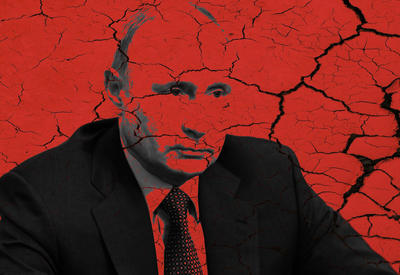 SUGGESTED READING How we got Putin so wrong By Stathis N. Kalyvas But leaving the failure of intelligence services aside, did the West fail to take Putin seriously as a threat to global security and peace? Going over his speeches prior to the invasion of Ukraine, political scientists now point out that Putin was explicit about what he wanted to do to Ukraine. “He said it all publicly some years ago, and he was very open about it. He even wrote an essay about how he wanted to reinstate a Great Russia. Although, by the way, there was never such a thing as Great Russia, it was always mostly a country of peasants,” said Barsky.
SUGGESTED READING How we got Putin so wrong By Stathis N. Kalyvas But leaving the failure of intelligence services aside, did the West fail to take Putin seriously as a threat to global security and peace? Going over his speeches prior to the invasion of Ukraine, political scientists now point out that Putin was explicit about what he wanted to do to Ukraine. “He said it all publicly some years ago, and he was very open about it. He even wrote an essay about how he wanted to reinstate a Great Russia. Although, by the way, there was never such a thing as Great Russia, it was always mostly a country of peasants,” said Barsky.
So why did the West fail to heed Putin’s warnings? Part of the answer has to be that the US, at least, was so focussed on the war on terrorism that it had no time to focus on Russia or China. The other reason? “Daydreaming.” Barsky blames Barack Obama’s administration for being naïve about the supposed “reset” of the West’s relations with Russia. “They should have talked to someone like Henry Kissinger or Brzezinski for advice. Interestingly, they were both Europeans.” According to Barsky, the US simply hasn’t had a very professional approach to foreign policy for a number of administrations, including Trump’s.
___
“He is very calculated and focussed in his efforts to create a mythology about himself that will survive in the coming centuries, right next to Peter the Great. That’s what’s driving the guy.”
___
Putin: Master Strategist or Mad?
And what about Putin? Which of the two portrayals of him by the West does he think is more accurate: the master strategist or the madman? “Putin is not crazy,” Barsky says confidently. He references a recent interview with Kenneth Dekleva, a former US physician-diplomat who spent five years in Moscow and who has extensively studied and profiled adversarial leaders for US national security and policy communities. “I do not find, nor have I seen in over 22 years of closely studying Putin, any signs of mental instability. He is, and remains, a rational actor,” Dekleva concluded.
___
“He’s not suicidal, and he’s not stupid. The moment he launches a nuke, he’s done.”
___
That is not to say that Putin is making no strategic mistakes. “Nobody is the master of everything,” says Barsky. But “he is very calculated and focussed in his efforts to create a mythology about himself that will survive in the coming centuries, right next to Peter the Great. That’s what’s driving the guy.”
As for the question that’s been hanging over the war in Ukraine since the very start, whether Putin is willing to use nuclear weapons, Barsky couldn’t be more adamant: “He’s not suicidal, and he’s not stupid. The moment he launches a nuke, he’s done.” Of course, that doesn’t mean we shouldn’t worry about the nuclear threat: during the Cold War the world came close to nuclear disaster because of misunderstanding and misinterpretation between the two sides.
Tensions are also not helped by politicians such as President Joe Biden, who call Putin names like war-criminal, and escalate tensions, said Barsky. The more tension, the higher the possibility of an accident, of one’s words being misinterpreted. “It’s unproductive and it’s dangerous. It’s politics!” he says with frustration. With such attacks, Biden is principally speaking to the American people, but foreign policy shouldn’t be dictated by internal politics, he says. It was also unwise of Biden to say publicly that the US would not get involved militarily with Russia. Barsky said: “Keep them guessing! In that respect, Donald Trump did a pretty good job. He was such a wildman that people from the outside didn’t know what he’d do.”
___
“The United States has always overestimated the capability of the KGB, but they were just as flawed as any bureaucracy.”
___
And what about the mythology around the all-powerful KGB and by extension Putin? This image of the security agency, according to Barsky, is largely based on the testimony of Yuri Besmenov, another former agent who defected to the West. In a 1984 interview, Besmenov claimed the KGB had a master plan to undermine the political system of the US. But, according to Barsky, “Besmenov was a fraud” and the KGB has been consistently overestimated.
“I don’t have proof positive, but I have enough knowledge of what the KGB was capable of doing; I have enough knowledge of what they knew and didn’t know. I was one of their best, and the people that trained me were people that had lived in the United States under diplomatic cover, and they were completely clueless, they didn’t understand how American society works. So how do you undermine something that you don’t know how it works? There was phenomenal ignorance.”
“The United States has always overestimated the capability of the KGB, but they were just as flawed as any bureaucracy,” Barsky continues. “There was a lot of dead wood, a lot of ignorance, a lot of politics. The KGB was not 10 feet tall.
 SUGGESTED READING The philosophers behind Putin By Paul Robinson “We had some good agents, but our biggest successes in the United States came from defectors”. As for Vladimir Putin, “he would have learned the basic stuff: how to keep a secret, how to manipulate people, but I can’t imagine he was one of the best graduates of his class because he was launched in East Germany, a vassal state, a friendly country. If you have a dozen graduates, who do you send to East Germany and who do you send to West Germany?” Barsky asks, suggesting that the most impressive spies would be sent to the most adversarial countries. “But he was known as a good organiser,” Barsky admits. When Putin became prime minister under Boris Yeltsin, he cleaned up the mess - “the country had become ungovernable”. He was a good networker and as a former agent, he had access to people who became politicians or oligarchs.
SUGGESTED READING The philosophers behind Putin By Paul Robinson “We had some good agents, but our biggest successes in the United States came from defectors”. As for Vladimir Putin, “he would have learned the basic stuff: how to keep a secret, how to manipulate people, but I can’t imagine he was one of the best graduates of his class because he was launched in East Germany, a vassal state, a friendly country. If you have a dozen graduates, who do you send to East Germany and who do you send to West Germany?” Barsky asks, suggesting that the most impressive spies would be sent to the most adversarial countries. “But he was known as a good organiser,” Barsky admits. When Putin became prime minister under Boris Yeltsin, he cleaned up the mess - “the country had become ungovernable”. He was a good networker and as a former agent, he had access to people who became politicians or oligarchs.
___
“China has its own vision of the future. At the moment, this is a marriage of convenience. But I don’t see this alliance developing into something as strong as NATO.”
___
But beyond his organisational and networking skills, Putin is also a visionary. And even if part of his vision is to “Make Russia Great Again”, it looks like there is a broader plan of developing an anti-Western alliance with China and other powers. Barsky admits that this might be part of what Putin would like to see happen - the birth of an anti-NATO alliance. But he’s not convinced that it’s within Putin’s means, at least in the short-run, and he thinks Putin knows that. “He’s not stupid, he knows his limitations.” A potential alliance with China would not be straightforward or easy, says Barsky. The two countries share a long border, and that there has been a history of tensions and hostilities. “China has its own vision of the future. At the moment, this is a marriage of convenience. But I don’t see this alliance developing into something as strong as NATO.”
Who’s going to win the war?
At the same time as the war on Ukraine, Russia is waging an energy war on Europe, limiting the supply of oil and gas, with Europe seemingly left powerless. Is Putin holding all the cards when it comes to this proxy war and is his blackmail going to be effective in reducing Western support for Ukraine as energy and food prices soar? Barsky isn’t convinced this strategy is going to work. The shortage of oil and gas that Putin can create can largely be covered by oil from the Middle East.
___
“This war is not really winnable. Even if Russia occupies a large chunk, or even all of Ukraine, the war will not stop.”
___
“The question becomes, who can last longer? There is a lot of damage being done to the Russian economy. They’re not getting parts, expertise, a lot of companies have closed shop altogether, to the extent that Russia can’t manufacture. There’s no clear winner at this point. It will all depend on the West’s stamina to continue with the economic sanctions.”
Speaking of stamina, the biggest question remains: who will win the actual war? Russia has gained some ground and appears determined to stick it out for the long haul. So will its military superiority ultimately grind down the Ukrainian fighting spirit – something that came as a surprise to the entire world, including Russia?
Barsky was baffled by why Russia would ever have thought Ukrainians wouldn’t fight back as “there is a deep-seated hatred among Ukrainians towards Russia’s state”. But even he was surprised at the extent of this hatred, which meant that swathes of the population were willing to become soldiers to fight off the invader. Ultimately it is this hatred of Russia by Ukrainians that will determine the outcome, he says. “This war is not really winnable. Even if Russia occupies a large chunk, or even all of Ukraine, the war will not stop. It will be very similar to what happened to the United States in Afghanistan.”
Eventually, there will have to be a settlement, a negotiation. What is needed is a mediator who can speak to both sides. There is no other exit strategy for either Russia or Ukraine, says Barsky.
A Western fantasy is that if only Putin was out of the picture, Russia would no longer pose a threat to its neighbours and the West. Lindsey Graham, a US Senator, called openly for Putin’s assassination. What does Barsky make of this line of thinking – if Putin and his megalomania were out of the way, would peace return to the region?
To answer this, Barsky reaches back into history, and in particular to Nazi Germany. Germany in the 1930s was one of the most civilized countries in Europe, he says, with a largely educated population. But in just over 10 years, Hitler was able to infuse Germans with his ideology. Putin has had 22 years and he’s dealing with a much less educated population. The Russian nation is by this point highly contaminated, according to Barsky, and no matter who is in charge there won’t be much change.
The idea that removing Putin is all that’s needed, or that that is even possible, is a daydream. Hitler survived 22 assassination attempts. This is going to be a long war.

On November 21, 2021, FBI agents acting on a court-ordered search warrant seized the personal electronic devices — cell phones, computers, tablets, and similar items — of a former Russian diplomat and a retired FBI agent.
The seizure went unnoticed publicly. No details were announced, either by the U.S. Justice Department or by the two men themselves: where, when, who, why.
Eight days later, a new filing appeared in the Justice Department’s Foreign Agent database, where people and companies who represent foreign principals are legally required to disclose their clients and activities. The filing was by Sergei Shestakov, a former Russian diplomat who later worked a translator for the Manhattan U.S. attorney’s office.
The filing indicated that a top official from the company belonging to Russian tycoon Oleg Deripaska had sought “professional assistance” from Shestakov. The official, identified as Yevgeny Fokin, communicated periodically with Shestakov, and Shestakov said he sought the help of Charles McGonigal — “a security professional.”
Less than a month later, Shestakov submitted an updated filing, saying he was ending his registration for work on behalf of Fokin.
Fast-forward exactly 14 months: McGonigal and Shestakov were arrested by FBI agents on January 21 and charged with money laundering, making false statements, and helping Deripaska evade U.S. financial sanctions imposed on him in 2018.
The case has stunned people in U.S. intelligence and law enforcement for multiple reasons. The main reason: Until 2018, McGonigal — a 22-year veteran of the FBI — was the bureau’s top agent in charge of counterintelligence, supervising and participating in investigations of Russian spies and moles in the United States — not to mention oligarchs.
That includes Deripaska.
“It definitely shocked me, and here I thought I was unflappable,” said Miriam Baer, a former assistant U.S. attorney in the Southern District of New York, the powerful Manhattan federal prosecutors’ office that brought the charges against McGonigal — and that McGonigal likely worked with in the past.

Oleg Deripaska attends an event in Moscow in September 2020.
The troubling questions now, Baer says, are not only why McGonigal allegedly committed criminal acts, but whether he acted alone, whether others were aware, and why no one in a premier FBI office picked up on what was going on.
“If this was a true ‘rogue’ agent, then perhaps there is no worry of overlap with” cases overseen by the Southern District, said Baer, now a professor of law at Brooklyn Law School. “If his behavior implicates a broader conspiracy that involves other FBI personnel, then I would think overlap more likely and therefore a greater concern.”
The case also turns the spotlight back on Deripaska, a billionaire businessman with close ties to the Kremlin who has been on the radar of U.S. intelligence and law enforcement agencies, not to mention political circles, for at least two decades.
“The ability of [Deripaska] to penetrate powerful legal circles and now law enforcement circles is quite amazing,” said Louise Shelley, an academic who studies corruption and transnational crime at George Mason University and who appeared on a panel discussion with McGonigal in 2020.
“It is a case of enablers on steroids,” she told RFE/RL.
McGonigal, who was arrested as he arrived at New York’s John F. Kennedy International Airport on January 21, was released on bail after entering a not-guilty plea during his first court appearance. His next appearance is scheduled for March.
“As you all know, Charlie’s had a long, distinguished career with the FBI,” his defense lawyer, Seth DuCharme, told reporters outside the courthouse. “He served the United States for decades. This is obviously a distressing day for Mr. McGonigal and his family.”
‘A Broad, Multimillion-Dollar Political Influence Campaign’
The charges McGonigal faces stem from two indictments: one was filed by Washington, D.C., federal prosecutors and addresses work that they say McGonigal did on behalf of Albanian interests, including not disclosing an “ongoing relationship with the prime minister of Albania.”
The second, filed in New York, concerns Deripaska, who has been dogged for years by reports of connections to suspected organized-crime groups, including to Semyon Mogilevich, a Russian-Ukrainian businessman formerly on the FBI’s Top Ten Most Wanted List.
Deripaska did not respond to an e-mail sent via his holding company EN+. A spokeswoman, meanwhile, told The New York Times that Deripaska did not hire McGonigal for any purpose and also that Deripaska had never been close to Russian President Vladimir Putin.
Many Russia experts, and U.S. officials, have long concluded that oligarchs like Deripaska are able to retain their fortunes so long as they stay on the good side of Putin and the Kremlin. U.S. State Department officials say Deripaska has particularly close personal relations with Foreign Minister Sergei Lavrov.
Beginning in 2006, the State Department denied Deripaska a visa, citing concerns about ties to organized crime. The difficulties led him to enlist the lobbying influence of former Republican Senate leader Bob Dole and, later, the work of an influential Washington lobbying firm run by a former chairman of the Republican Party.
Deripaska also developed a business relationship with another Republican political operative who had worked for Dole: Paul Manafort. Manafort tried to resolve Deripaska’s visa problems in the 2000s, but the two had a falling out after a failed business venture.
Later, Manafort served as campaign manager for Donald Trump’s presidential campaign in 2016, until revelations about his work for pro-Russian politicians in Ukraine led to his firing. He also allegedly passed secret campaign information to a Russian-Ukrainian man named Konstantin Kilimnik, who worked for Deripaska and who was described by the Senate Intelligence Committee as “a Russian intelligence officer.”
Deripaska managed to travel the United States more than a half-dozen times between 2011 and 2014 using a Russian diplomatic passport, a U.S. State Department official told RFE/RL. That was later backed up by court documents filed in another U.S. lawsuit involving Deripaska.
In 2009, Deripaska reportedly traveled to the United States under a secret arrangement with the FBI.
Manafort was later prosecuted and convicted by a federal jury on money-laundering and bank-fraud charges in 2018. He was pardoned by Trump in December 2020, just weeks before the end of Trump’s presidency.
A 2020 report released by the Senate Intelligence Committee highlighted Manafort’s dealings saying between 2004 and 2009, “Manafort implemented these influence operations on behalf of Deripaska, including a broad, multimillion-dollar political influence campaign directed at numerous countries of interest to Deripaska and the Russian government.”
Between 2014 and 2016, Deripaska was targeted by U.S. law enforcement for another reason. According to The New York Times, Justice Department officials tried unsuccessfully to enlist him as an informant, to glean insight into Russian organized crime and Kremlin thinking.
In April 2018, Deripaska and his aluminum company were hit with sanctions.
In October 2021, the FBI raided two homes owned by Deripaska or related legal entities, in New York and Washington, D.C. Deripaska vented about the raids and what he called “the transcendental stupidity…of the American establishment.”

FBI officers are seen outside the home of Russian oligarch Oleg Deripaska in Washington in October 2021.
The next month, FBI agents seized the cell phones and other equipment from McGonigal and Shestakov.
‘Supervised…In Investigations Of Russian Oligarchs, Including Deripaska’
McGonigal got his start with the FBI in 1996, when he was first assigned to the bureau’s New York office, where he worked on “Russian foreign counterintelligence and organized crime matters,” according to his official biography.
He worked for years in Washington on counterespionage cases.
In 2016, he was named special agent in charge of the New York office’s counterintelligence division, where he “supervised and participated in investigations of Russian oligarchs, including Deripaska,” according to the indictment.
According to Senate testimony in 2020 from a top Justice Department official, McGonigal was also instrumental in launching Operation Crossfire Hurricane — the FBI’s investigation into Trump’s campaign and possible links to Russian influence.
In 2018, prosecutors said, McGonigal was introduced by Shestakov to a man who they said “worked for and reported to Deripaska and served as an officer of a corporation that was primarily owned by Deripaska.”

Charles McGonigal
It’s unclear how and when McGonigal and Shestakov first met. However, Shestakov, who had a home in Connecticut, worked as an authorized translator for federal courts and also for the Manhattan U.S. attorney’s office, where he likely encountered McGonigal.
Shestakov retired from the Russian foreign service in 1993, and later became a naturalized U.S. citizen.
Like Shestakov, a man identified as “Agent-1” in the indictment worked for the Soviet and Russian foreign ministries. He was also “rumored in public media reports to be a Russian intelligence officer.”
The man is not identified, but Shestakov’s FARA filing, along with other Russian and Western media reports, point to Yevgeny Fokin, currently the director of international cooperation for EN+, the aluminum and power-generation holding company controlled by Deripaska.
Fokin did not respond to messages sent via LinkedIn. An e-mail sent to the EN+ press service was not immediately responded to.
In the spring of 2018, according to the indictment, Shestakov introduced McGonigal to “Agent-1,” who then asked McGonigal for help in arranging an internship for “Agent-1’s” daughter with the New York Police Department. McGonigal agreed to help and informed a supervisor that he wanted to recruit “Agent 1.” It’s unclear if McGonigal was successful.
In September 2018, he retired from the FBI and joined the private sector.
The following year, McGonigal was hired by a Washington law firm to work as a consultant on efforts to get Deripaska removed from the U.S. Treasury’s sanctions list. According to the indictment, he arranged for $25,000 to be sent monthly to a bank account controlled by Shestakov.
While employed by the FBI, McGonigal’s job allowed him to access classified information, including, the indictment said, a then-secret list of Russians who the Treasury Department were considering for sanctions, a list that included Deripaska.
The indictment also alleges that through “Agent-1,” Deripaska hired McGonigal to investigate a rival Russian oligarch.
That tycoon is not named, though the filing indicates he and Deripaska were fighting for control over a “large Russian corporation” and the oligarch might have offshore assets or a foreign citizenship. McGonigal and Shestakov allegedly used pseudonyms in electronic communications to obscure Deripaska’s name, calling him: “you know whom,” and “the big guy,” “our friend from Vienna,” and “the client.”
According to the indictment, McGonigal was negotiating with Agent-1, and Deripaska, in October 2021 for payment for a large number of files found on the “dark web” — part of the Internet that is largely hidden from easy viewing — that reportedly related to the rival oligarch.
The next month, the FBI seized McGonigal’s and Shestakov’s cell phones and computers.
Money Laundering, Not Espionage
Prosecutors’ specific criminal allegations do not address directly McGonigal’s alleged accessing of the classified database, nor do they address the question of his helping the daughter of “Agent 1” gain an internship.
For some legal observers, that’s raised questions about why the Justice Department didn’t file more serious charges. “It may be that prosecutors had reasons for wanting to move now and not later,” Baer told RFE/RL. “If so, they would logically select those charges for which they had the most evidence,” she said. “A prosecutor can always add charges by returning to the grand jury for a superseding indictment.”
Deripaska, for his part, faces his own sanctions-evasion-related criminal charges, unconnected to his alleged payments to McGonigal.
In September 2022, U.S. prosecutors unsealed an indictment accusing him of conspiring to have his girlfriend give birth to their child in the United States, and to hide payments for the effort. A Russian-American woman has been arrested in connection with the case.
In 2020, in an event first described by Business Insider, McGonigal joined a panel discussion at the Washington think tank Atlantic Council, where he discussed corruption at Russia’s main domestic intelligence agency, the Federal Security Service (FSB).
“I think the rule of law under the FSB…has eroded significantly in Russia,” he told the panel. “You are seeing an erosion, I think, in any rule of law as it relates to the FSB and their carrying out their responsibilities as a domestic security agency.”
“It would be akin to having in the United States the FBI as a rogue element, operating at the behest of the highest bidder, engaged in criminal activities,” he said.
The News And Times: The COVID origins and the NYC rats
Darkow: COVID origins | posted on Mar 09 2023 10:08:03 UTC via telegraphherald.com
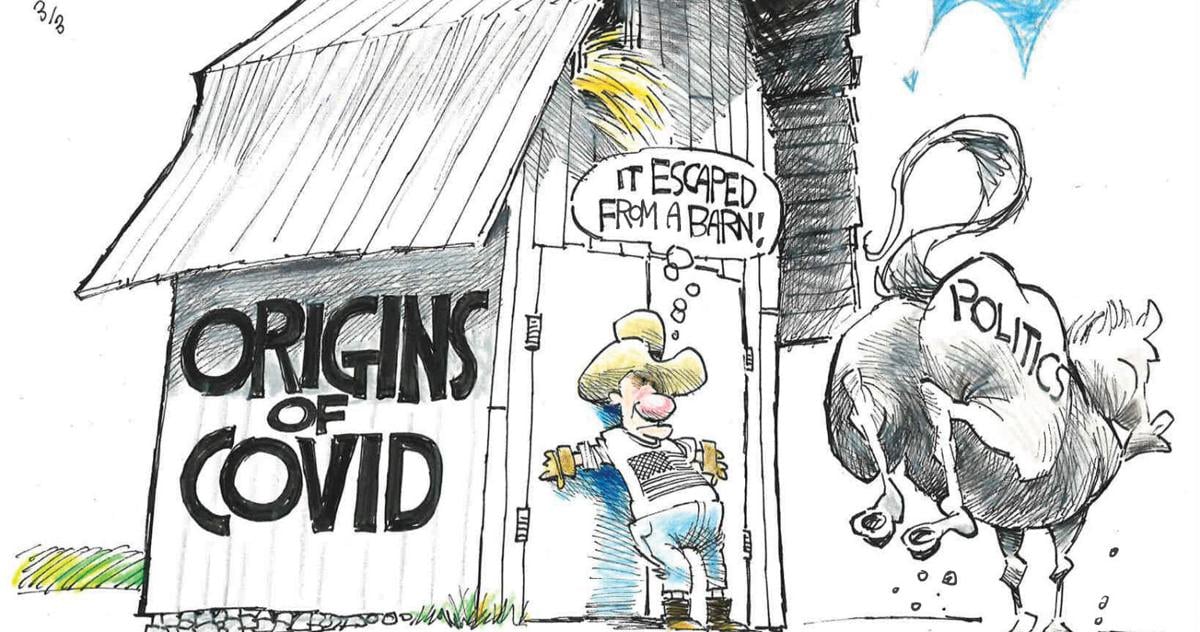
New York City Rats Can Carry COVID Virus – Lincoln Journal Star
New York City Rats Can Carry COVID Virus Lincoln Journal Star
Lab Manipulations of Covid Virus Fall Under Murky Government Rules – The New York Times

The New York Times
Transcript: Mayor Eric Adams Signs Legislation to Fight Rats, Build … – nyc.gov
nyc.gov
COVID-19 mutations found in NYC rats, study shows – FOX 5 New York
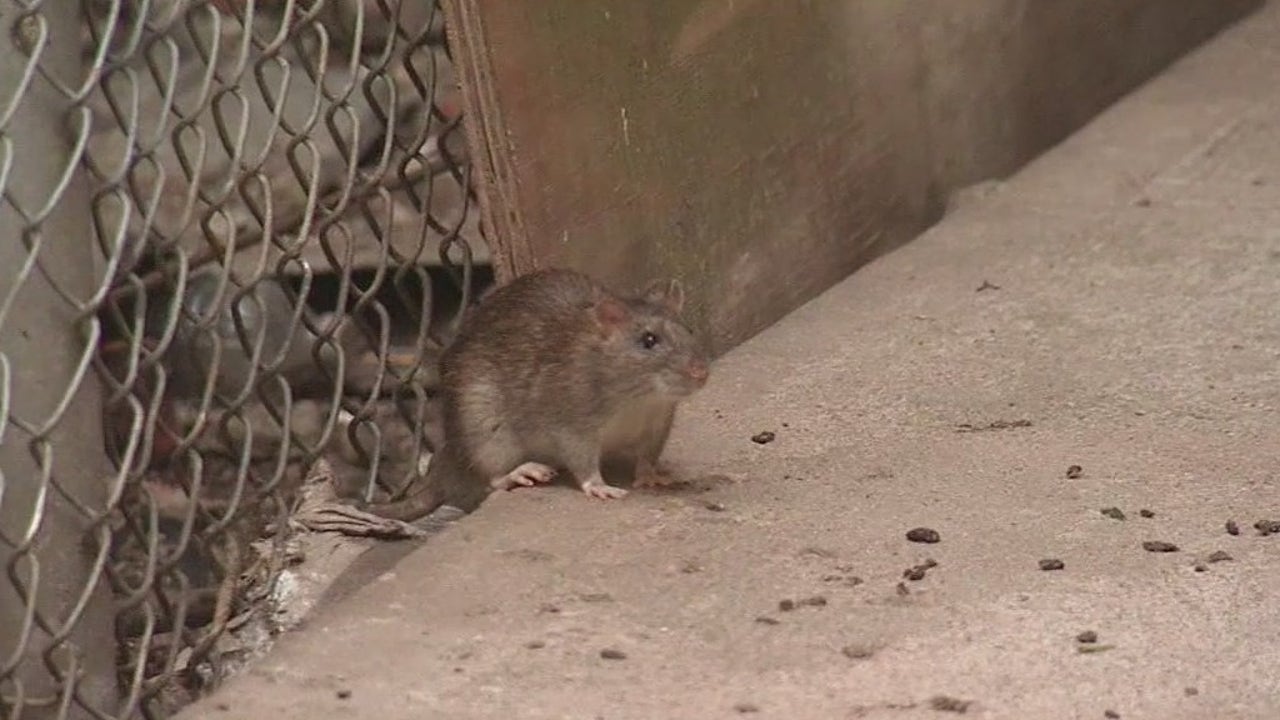
FOX 5 New York
Who Said ‘The Rats Don’t Run This City. We Do?’ She Did. – The New York Times

The New York Times
Millions of NYC Rats Could Be Carrying COVID-19, Study Finds; Human Threat Uncertain
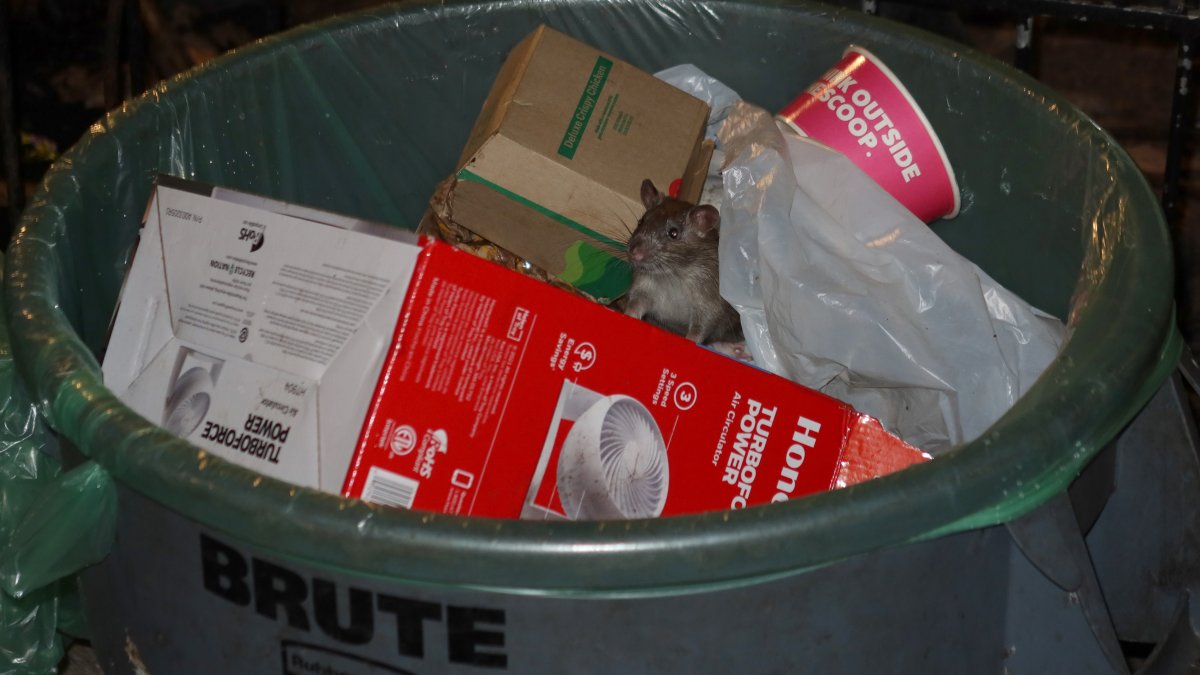
The rodent population scouring New York City, already public enemy no. 1, poses a new threat as researchers reveal that millions of wild rats could be carrying the virus that causes COVID-19.
New research out Thursday again raises the question of possible animal-to-human transmission in one of the Big Apple’s largest population groups: rats. Already, prior research has shown the virus can live in household pets, big cat zoo animals and wild deer.
The team of rat trappers who published research in the American Academy of Microbiology’s journal mBio found the wild rodents susceptible to the virus, and through further lab study determined they can catch several of its variants.
“To the best of our knowledge, this is one of the first studies to show SARS-CoV-2 variants can cause infections in the wild rat populations in a major U.S. urban area,” Dr. Henry Wan, of the University of Missouri, said.
The team behind the research captured 79 rats in the fall of 2021, mostly in Brooklyn parks. Samples from the rodent groups were tested and 13 (16.5%) came back positive, the study found. Expanding the animals’ positivity rate outward to the study’s estimated citywide rat population (8 million), it can be speculated that some 1.3 million rats might show an immune response to COVID-19.
Being the robust rodents they are, rats given the virus inside a lab environment did not show any extreme reactions to SARS-CoV-2. Despite high levels of viral RNA within the animals’ noses and lungs, none experienced weight loss or other significant reactions.
Of the three variants, Alpha, Delta and Omicron, rats appeared susceptible to all three, the researchers found through the additional “virus challenge study.” However, Delta replicates “more efficiently” than the other two in rats.
A review of the data by The Los Angeles Times takes the implications a step further, saying the findings suggest that not only could rats be a source of reinfection for people, but they could also become a source of new variants that could pose problems for humans down the road, potentially.
“A number of studies have suggested that fragments of SARS-CoV-2 genomes were identified in sewage water systems, and that the prevalence of SARS-CoV-2 in sewage water systems coincides with outbreaks in resident human populations,” the study explained.
“However, no evidence has shown that SARS-CoV-2 viruses in sewage water are infectious, suggesting that sewage rats may have been exposed to the virus through airborne transmission, e.g., overlapping living spaces with humans or indirect transmission from unknown fomites, e.g., contaminated human food waste.”
Its researchers warn much more study is required to understand the full implications of any possible threat to people. Their ever-growing population, ballooning in numbers in recent years and catching the attention of the city’s mayor, makes the rodents a clear threat if a transmission link can be drawn between rats and humans.
“Rats likely play an important role in the evolution of Alpha, Delta, Omicron variants, which has the potential to result in the emergence of new variants in rats that are naive to the human population and may contain properties harmful to humans,” the team of researchers said.
The threat of future virus mutations or strains among rat populations require additional monitoring, Dr. Wan said, for the protection of “both human and animal health.”
Millions of NYC Rats Could Be Carrying COVID-19, Study Finds; Human Threat Uncertain – NBC New York
News Review – coronavirusalerts.net
“The effects of the vaccine are marginal”. WHO Says It Doesn’t Fully Understand Who’s Dying From COVID-19 And Why.
WHO Says It Doesn’t Fully Understand Who’s Dying From COVID-19 And Why
Western sanctions have hit Russian banks, wealthy individuals and technology imports. But after a year of far-reaching restrictions aimed at degrading Moscow’s war chest, economic life for ordinary Russians doesn’t look all that different than it did before the invasion of Ukraine.
There’s no mass unemployment, no plunging currency, no lines in front of failing banks. The assortment at the supermarket is little changed, with international brands still available or local substitutes taking their place.
Crowds might have thinned at some Moscow malls, but not drastically. Some foreign companies like McDonald’s and Starbucks have been taken over by local owners who slapped different names on essentially the same menu.
“Economically, nothing has changed,” said Vladimir Zharov, 53, who works in television. “I work as I used to work, I go shopping as I used to. Well, maybe the prices have risen a little bit, but not in such a way that it is very noticeable.”
Russia’s economy has weathered the West’s unprecedented economic sanctions far better than expected. But with restrictions finally tightening on the Kremlin’s chief moneymaker — oil — the months ahead will be an even tougher test of President Vladimir Putin’s fortress economy.
Economists say sanctions on Russian fossil fuels only now taking full effect — such as a price cap on oil — should eat into earnings that fund the military’s attacks on Ukraine. Some analysts predict signs of trouble — strained government finances or a sinking currency — could emerge in the coming months.
But other economists say the Kremlin has significant reserves of money that haven’t been hit by sanctions, while links to new trade partners in Asia have quickly taken shape. They say Russia isn’t likely to run out of money this year but instead will face a slow slide into years of economic stagnation.
“It will have enough money under any kind of reasonable scenario,” Chris Weafer, CEO and Russian economy analyst at the consulting firm Macro-Advisory, said in a recent online discussion held by bne IntelliNews.
Russia will keep bringing in oil income, even at lower prices, so “there is no pressure on the Kremlin today to end this conflict because of economic pressures,” he said.
As the economy teeters between sanctions and resilience, what everyday Russians can buy has stayed remarkably the same.
Apple has stopped selling products in Russia, but Wildberries, the country’s biggest online retailer, offers the iPhone 14 for about the same price as in Europe. Online retailer Svaznoy lists Apple AirPods Pro.
Furniture and home goods remaining after IKEA exited Russia are being sold off on the Yandex website. Nespresso coffee capsules have run short after Swiss-based Nestle stopped shipping them, but knockoffs are available.
Labels on cans of Budweiser and Leffe beer on sale in Moscow indicate they were brewed by ABInBev’s local partner — even though the company wrote off a stake in its Russian joint venture and put it up for sale. Coke bottled in Poland is still available; local “colas,” too.
ABInBev says it’s no longer getting money from the venture and that Leffe production has been halted. Wildberries and Svyaznoy didn’t answer emails asking about their sourcing.
But it’s clear goods are skirting sanctions through imports from third countries that aren’t penalizing Russia. For example, Armenia’s exports to Russia jumped 49% in the first half of 2022. Chinese smartphones and vehicles are increasingly available.
The auto industry is facing bigger hurdles to adapt. Western automakers, including Renault, Volkswagen and Mercedes-Benz, have halted production, with sales plunging 63% and local entities taking over some factories and bidding for others.
Foreign cars are still available but far fewer of them and for higher prices, said Andrei Olkhovsky, CEO of Avtodom, which has 36 dealerships in Moscow, St. Petersburg and Krasnodar.
“Shipments of the Porsche brand, as for those of other manufacturers, aren’t possible through official channels,” he said. “Whatever is on the market is scattered offerings of cars that were imported by individual persons or through friendly countries by official channels.”
Unlike European automakers, some corporations are far from bailing.
While 191 foreign companies have left Russia and 1,169 are working to do so, some 1,223 are staying and 496 are taking a wait-and-see approach, according to a database compiled by the Kyiv School of Economics.
Companies are facing public pressure from Kyiv and Washington, but some have found it’s not so easy to line up a Russian buyer or say they’re selling essentials like food.
Moscow residents, meanwhile, have downplayed the impact of sanctions.
“Maybe it hasn’t affected me yet,” 63-year-old retiree Alexander Yeryomenko said. “I think that we will endure everything.”
Dmitry, a 33-year-old who declined to give his last name, said only clothing brands had changed.
“We have had even worse periods of time in history, and we coped,” he said, but added that “we need to develop our own production and not to depend on the import of products.”
One big reason for Russia’s resilience: record fossil fuel earnings of $325 billion last year as prices spiked. The surging costs stemmed from fears that the war would mean a severe loss of energy from the world’s third-largest oil producer.
That revenue, coupled with a collapse in what Russia could import because of sanctions, pushed the country into a record trade surplus — meaning what Russia earned from sales to other countries far outweighed its purchases abroad.
The boon helped bolster the ruble after a temporary post-invasion crash and provided cash for government spending on pensions, salaries and — above all — the military.
The Kremlin already had taken steps to sanctions-proof the economy after facing some penalties for annexing Ukraine’s Crimea peninsula in 2014. Companies began sourcing parts and food at home and the government built up huge piles of cash from selling oil and natural gas. About half of that money has been frozen, however, because it was held overseas.
Those measures helped blunt predictions of a 11% to 15% collapse in economic output. The economy shrank 2.1% last year, Russia’s statistics agency said. The International Monetary Fund predicts 0.3% growth this year — not great, but hardly disastrous.
The big change could come from new energy penalties. The Group of Seven major democracies had avoided wide-ranging sanctions against Russian oil for fear of sending energy prices higher and fueling inflation.
The solution was a $60-per-barrel price cap on Russian oil heading to countries like China, India and Turkey, which took effect in December. Then came a similiar cap and European embargo on Moscow’s diesel fuel and other refined oil products last month.
Estimates differ on how hard those measures will hit. Experts at the Kyiv School of Economics say Russia’s economy will face a “turning point” this year as oil and gas revenue falls by 50% and the trade surplus plunges to $80 billion from $257 billion last year.
They say it’s already happening: Oil tax revenue fell 48% in January from a year earlier, according to the International Energy Agency.
Other economists are skeptical of a breaking point this year.
Moscow could likely weather even a short-term plunge in oil earnings, said Janis Kluge, a Russian economy expert at the German Institute for International and Security Affairs.
Even cutting Russian oil revenue by a third “would be a severe hit to GDP, but it would not bankrupt the state and it would not lead to a crash,” he said. “I think from now on, we are talking about gradual changes to the economy.”
He said the real impact will be long term. The loss of Western technology such as advanced computer chips means an economy permanently stuck in low gear.
Russia may have successfully restarted factories after the Western exodus, “but the business case for producing something sophisticated in Russia is gone, and it’s not coming back,” Kluge said.
 image/png 700.png
image/png 700.png#Chinese state TV channel CCTV showed a map illustrating which countries will receive the territories of the #Russian Federation after its collapse.
#RussiaIsCollapsing
#Ukraine #UkraineRussiaWar
#SlavaUkraini 🇺🇦🇺🇦🇺🇦

President Biden detailed the steps his administration is taking to prevent further fallout from the historic collapse of Silicon Valley Bank, assuring Americans that they will have full access to their money. NBC News’ Carol Lee and executive editor at Yahoo News Brian Sozzi explain how the financial markets are reacting to the collapse and how the White House is handling the fallout.
» Subscribe to NBC News: http://nbcnews.to/SubscribeToNBC
» Watch more NBC video: http://bit.ly/MoreNBCNews
NBC News Digital is a collection of innovative and powerful news brands that deliver compelling, diverse and engaging news stories. NBC News Digital features NBCNews.com, MSNBC.com, TODAY.com, Nightly News, Meet the Press, Dateline, and the existing apps and digital extensions of these respective properties. We deliver the best in breaking news, live video coverage, original journalism and segments from your favorite NBC News Shows.
Connect with NBC News Online!
NBC News App: https://smart.link/5d0cd9df61b80
Breaking News Alerts: https://link.nbcnews.com/join/5cj/breaking-news-signup?cid=sm_npd_nn_yt_bn-clip_190621
Visit NBCNews.Com: http://nbcnews.to/ReadNBC
Find NBC News on Facebook: http://nbcnews.to/LikeNBC
Follow NBC News on Twitter: http://nbcnews.to/FollowNBC
Get more of NBC News delivered to your inbox: nbcnews.com/newsletters
#Biden #Banking #SiliconValleyBank
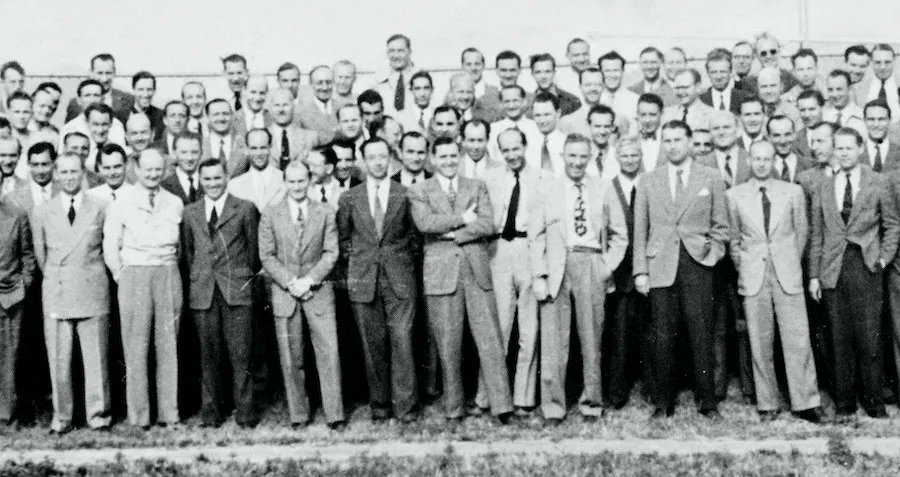

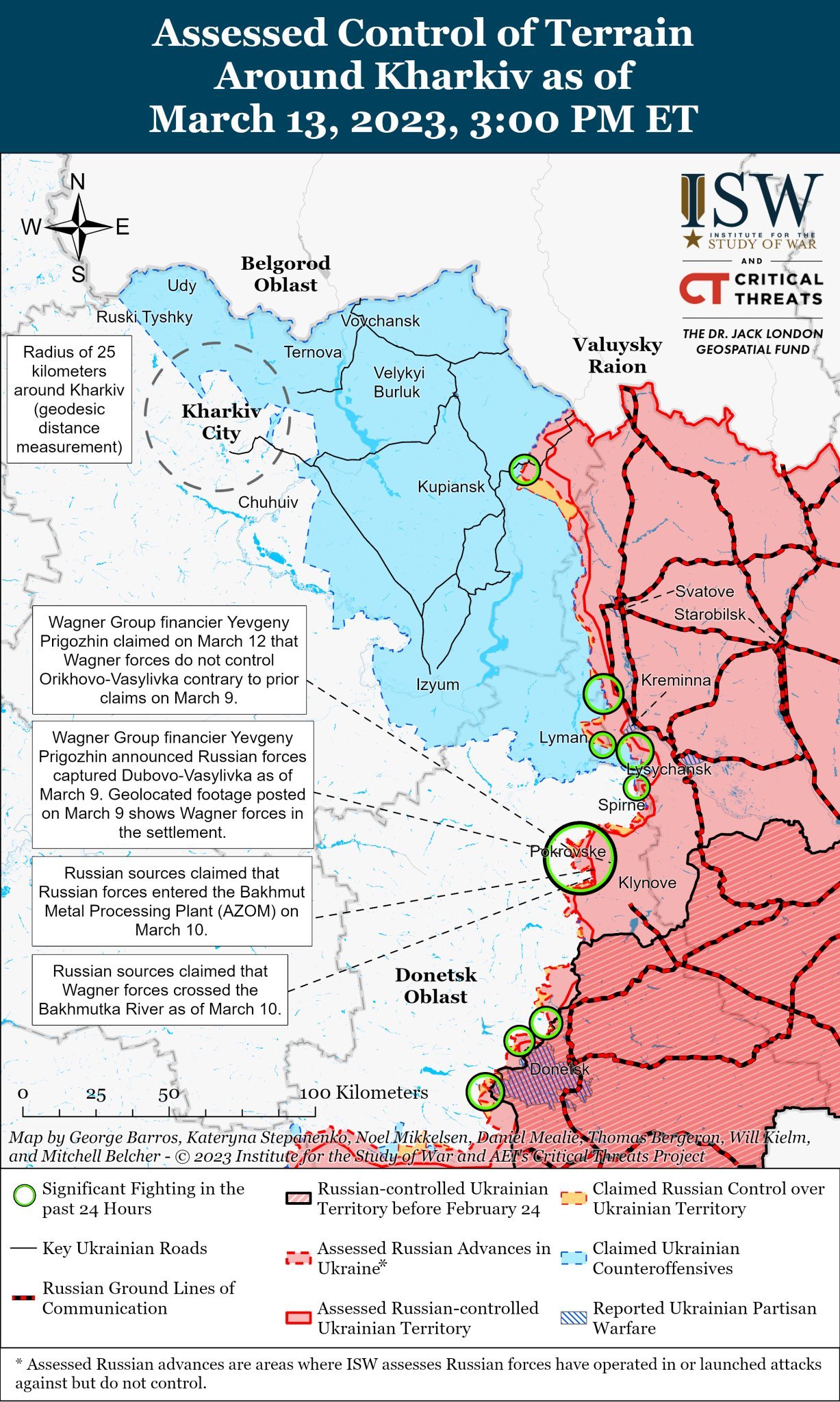
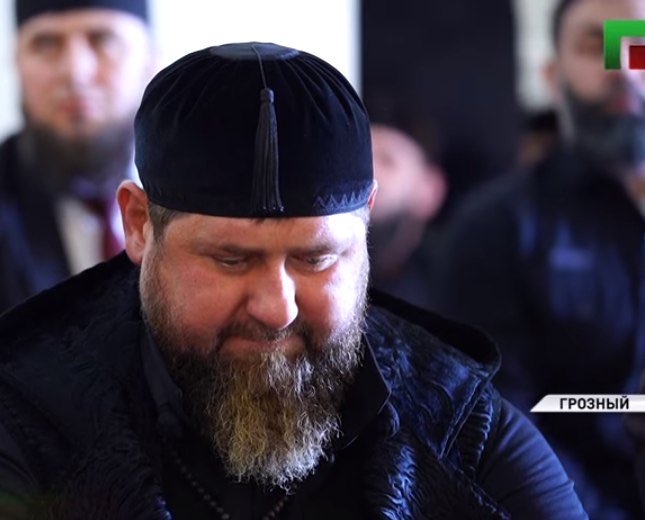
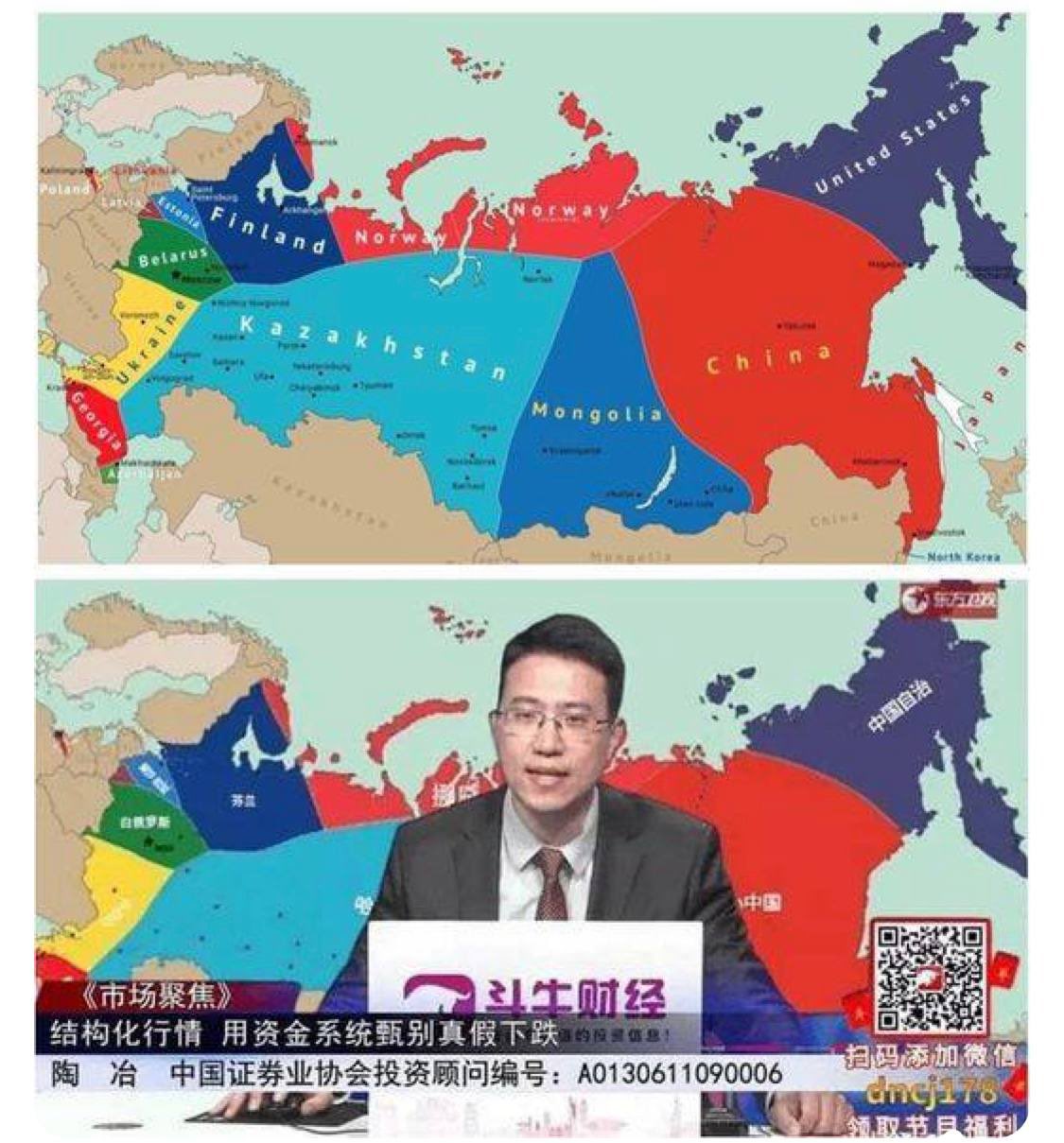
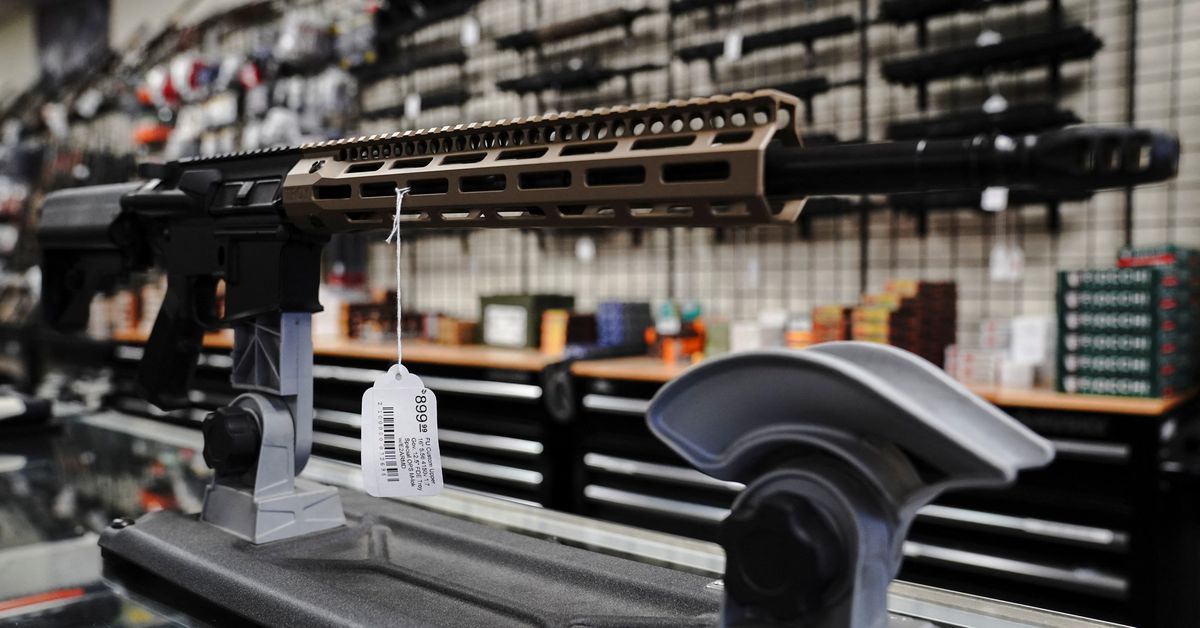


Comments
Post a Comment